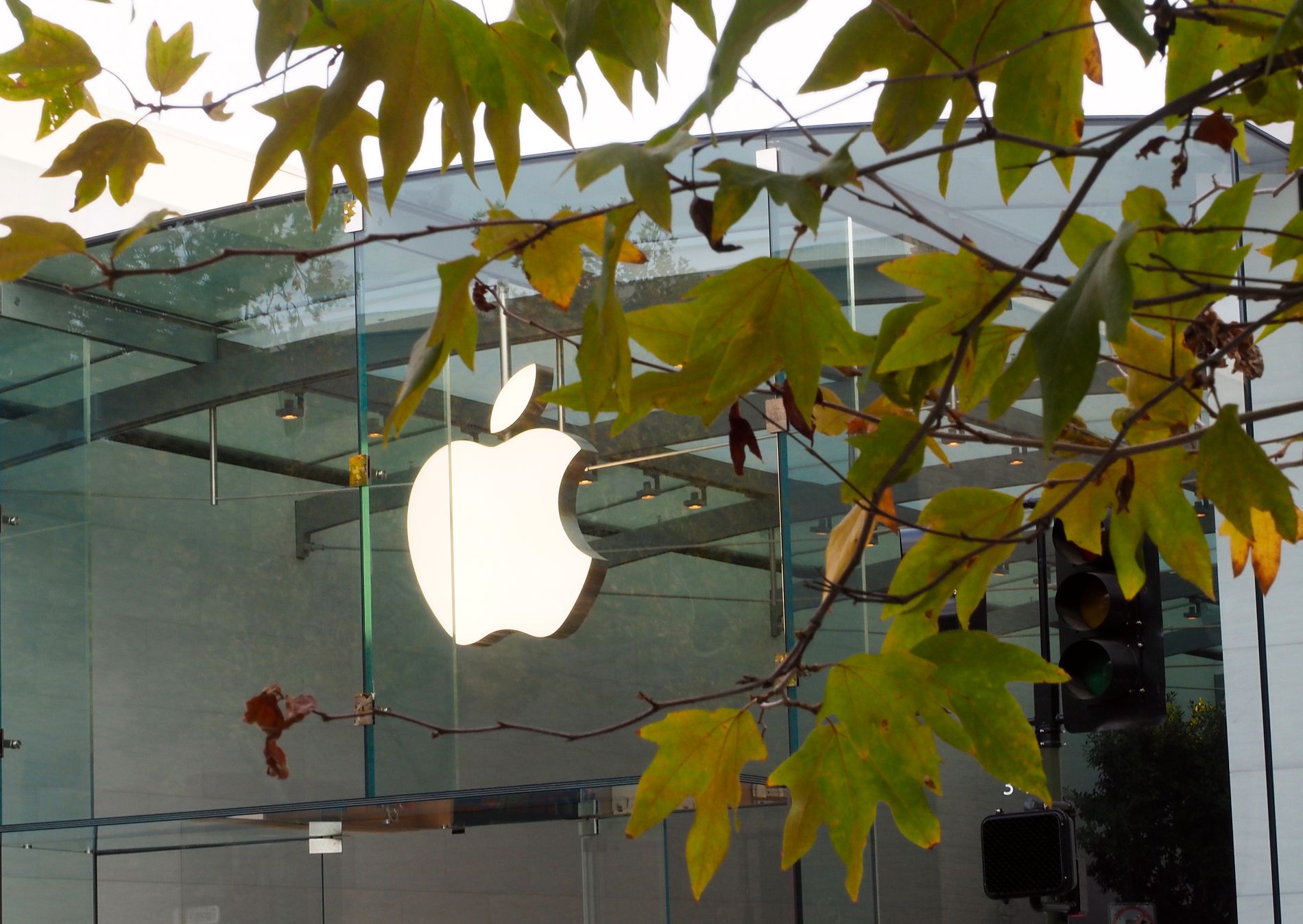I remember well the rumors leading up to the launch of the iPhone in 2007. What was this phone from Apple like? Why on earth would they start with phones?
Drawings and ideas have emerged about what the phones could look like. Most of the proposals looked like slightly nicer versions of phones already on the market.
As far as I know, no one has come close to guessing what this new phone will look like. When it was first introduced, no one could have imagined how this thing could turn an entire industry upside down, or even change our lives.
It is likely that you are reading this text specifically on such a phone. In the past, there was a huge range of different types of phones that followed pretty much the same concept: a big touchscreen, a camera, and a lot of advanced technology inside.
However, at first there was no stormy cheering for this new invention on the part of a large portion of those who make their living from understanding technology. Since the launch of the iPhone, a sharp rise for the then market leader Nokia has followed. In the next ten months, Nokia’s stock value actually doubled.
Therefore, experts advised stock savers to buy stocks long after the iPhone launch. This is of course not a unique story, and is rather undramatic compared to the major industrial changes that have swept the world time and time again. Everything from the steam engine to the personal computer has been met with skepticism by so-called experts – and ridicule by those who are more interested in clinging to the old than in understanding the new.
Therefore, technological change occurs quickly and is always met with skepticism. But the story of smartphones can teach us something else, more importantly, about technological development. Because what kind of technology is a smartphone actually built on?
Star economist Mariana Mazzucato published the book “The State of Entrepreneurship” in 2013, in which she used the iPhone as an example. Most of the inventions in the iPhone, and therefore all smartphones, were not invented by Apple or other private companies at all. GPS, touch screen, and voice recognition are all inventions created in institutions and government programs. The list is much longer. Yes, the Internet itself was created in a government institution.
Of course, we should not underestimate the importance of creativity that occurs in private companies. on the contrary. It is difficult to imagine that any government program would be the first to launch an iPhone. The rate of innovation in many companies is impressive, and private companies invest heavily in research, innovation and development.
However, there are two important lessons to be learned from smartphone history. The first lesson is that change is difficult to envision. When it first comes, it is often too late to adapt. Remember Kodak?
It is difficult not to think of oil and gas in this context. In 2022, the world’s investments in green energy were greater for the first time than investments in fossil energy, and the pace is increasing with almost every passing day. The writing on the wall is clear. However, a few years ago Parliament decided to spend tens of billions in subsidies to start new investments. On the other hand, parts of this are consumed by new green industries, such as battery manufacturing and hydrogen.
Did politicians fall into the same trap that the management of Nokia and Kodak fell into before things got worse? Unfortunately, we can’t know until it’s too late. But we know that old technology has been relentlessly swept aside by new technology many times before. Looking back, it seems pretty clear that this should have happened, for example if you look at the rate of investment in new technology.
If one finds that it might be a good idea to be at the forefront of development, the second lesson from the smartphone is that the state plays an important role in the development of technology. Although the market has an enormous capacity to mobilize resources, investments and innovations, it has been proven time and again that countries are in a special position when it comes to the opportunity to undertake the truly big tasks of invention and transformation. . This can be either state-sponsored research and development, or in the form of active support for new industries. This is nothing new in history or unique in the world. The United States and the European Union have recently launched massive programs to build green industry. The largest package in
In recent years, Norway has focused on the oil sector. Unfortunately, we don’t have a crystal ball. But we can still be absolutely sure of one thing: the world is changing rapidly. One can, of course, choose not to take risks by investing in new technology and new industries, for fear of making mistakes. But doing nothing – or worse, clinging to the old – inevitably means failure.
Just look at history.
Kim Andre Asheim
Head of Strategic Communications and Public Relations at Mo Industripark

“Web specialist. Lifelong zombie maven. Coffee ninja. Hipster-friendly analyst.”




